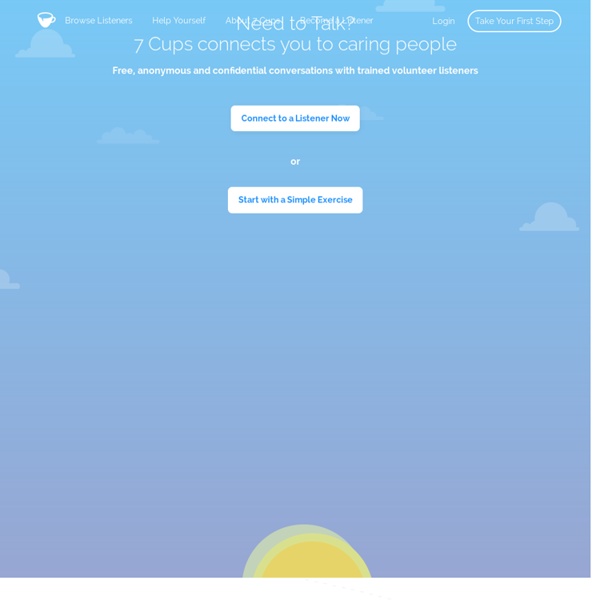



Listen to Smooth Jazz and Rain Sounds - JazzAndRain.com Dr. Angelo Subida, Psychotherapist: Dr. Subida's Online Therapy Clinic E-Therapy or online psychotherapy is a process whereby a psychotherapist does therapy sessions with a patient via the internet.YES, I want to have e-Therapy/ONLINE PSYCHOTHERAPY with Dr. Subida and send him an intake request message. Here are some ways to know:… traditional face-to-face psychotherapy is not personally accessible nearby, and online psychotherapy appears to be the only way you can get help… online psychotherapy is cheaper or more “cost-effective” than traditional psychotherapy… your schedule is too busy or hectic and you’re too tired to travel to see a therapist from work or family chores * Text-Based Online Session– email– chat room* Video-Based Online Session* Text & Video Online Session* Internet Phone HOW and WHERE DO I BEGIN TO START MY E-THERAPY/ONLINE PSYCHOTHERAPY SESSION WITH DR. SUBIDA? Email: psychotherapy@drsubida.com Skype: drsubida YM: drsubida To schedule an intake appointment or request for online psychotherapy, counseling, or life coaching session with Dr.
untitled World of Psychology - Psychology and mental health blog 7 Genuine Ways to Practice Gratitude by Margarita Tartakovsky, M.S. Some people avoid practicing gratitude because doing so feels fake. That’s because any time we try something new, it’s going to feel awkward and unnatural, she said. How to Deal with Invasive Thoughts by Michael Hedrick I’m no stranger to nasty thoughts. If it wasn’t the notion that people were making fun of me it was the idea that I’m more important than anyone else, i.e. grandiosity. I’ve been subject to many nights where I just stared at the ceiling in the dark letting these little monsters run and play their tricks through all corners of my mind. RIP: Stuart Fischoff, Ph.D. by John M. Stuart Fischoff, Ph.D. died in the early morning hours of November 21, 2014. Dr. Introducing Discovering a New You There is a wealth of knowledge and wisdom in the world around us. How do we better understand these lessons the world can teach us? These are questions that I hope a new blog will help you answer. by Dr. We are all busy.
Stereomood - turn your mood into music - free playlist for every mood in your life Online Mental Health - The Virtual Clinic - Psychological treatment via Videoconferencing untitled Free Association on the ego and the self « just another recalcitrant ego looking for peace Relaxing Snow - Sit back and relax with a snowy scene and relaxing music About Relaxing Snow is made by James Cooper a UK web designer and Christmas fan who runs www.whychristmas.com the biggest Christmas information site on the web. Photo Snow Day by Evonne McArthur - used with permission Music In the Bleak Mid-winter by Doug Boldt - used with permission Cookies & Privacy Use of Cookies Cookies are small text files that are placed on your computer by websites that you visit. To learn more about cookies, you can visit www.aboutcookies.org. The Cookies We Use Google Analytics - These cookies collect information about how visitors use a website, for instance which pages visitors go to most often, and if they get error messages from web pages. This data helps us to understand: Which pages people visit on the siteWhich internet browsers are being usedWhat is popular on the siteWhich interactive tools are used by visitors You can find out more about Google's cookies on their privacy policy: Notification of Changes
Someonetotalkto.co.uk - Someone To Talk To - Counselling, Life Coaching, Personal Growth and Career Development Support